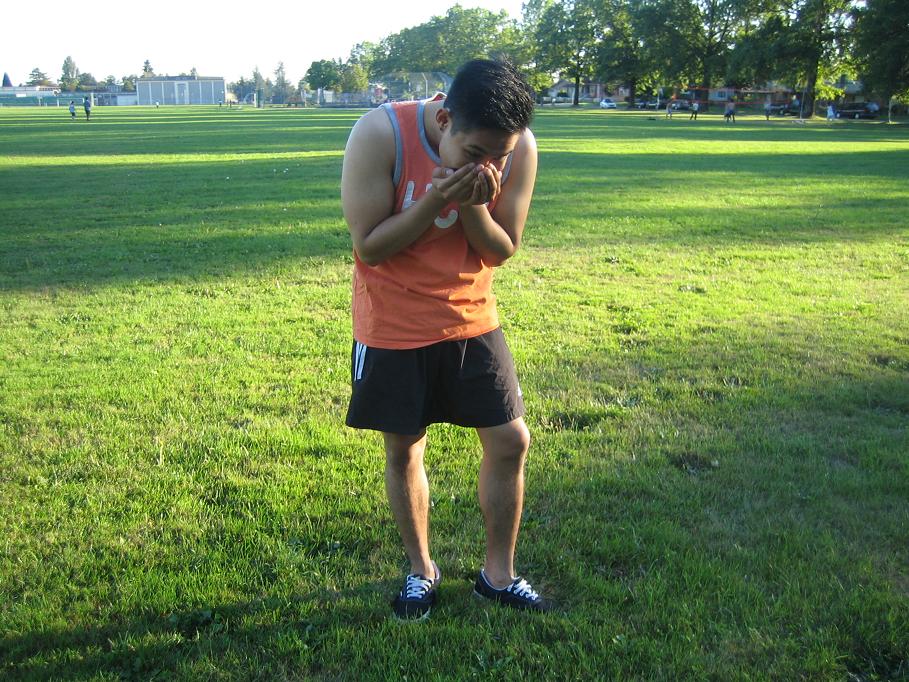Insects and unwanted pests are controlled by means of pesticides. Though, these harmful poisons can also be dangerous to people and other pets. If you or another individual has pesticide poisoning, phone for medical assistance, and start first aid. This might include performing CPR or treating for shock.
What should I do?
DO: Phone for medical assistance
- Though you do want to start treating pesticide poisoning as quick as possible, the initial step should always be phoning the ambulance.
- First aid is no replacement for a doctor’s knowledge and the medical apparatus that is accessible at a hospital.
- If you are by yourself with the casualty, make sure that he or she is no longer in danger or near to the poison and is still conscious before phoning the doctor.
- If the casualty is still moving and able to move around, you might also want to escort him or her to a shower so they can rinse off any excess poison while you are making the call.
Insects and unwanted pests are controlled by means of pesticides. Though, these potent poisons can also be dangerous to people and other pets.
DO: Rinse the skin
- If the poison is on the casualty’s skin, work fast to get rid of it while waiting for assistance.
- Remove the casualty’s clothes, and submerge him or her in water. This can be the nearest supply of water, such as a pool, garden hose, or shower.
- Clean the exposed region of skin carefully for up to 30 minutes, depending on the potency of the pesticide.
- Make use of soap to help eliminate the pesticide from the hair and skin.
- Laundry detergents and soap are excellent at eliminating pesticides.
DO: Go to an open area
- If the pesticide is a powder or gas that the casualty has breathed in, shift him or her away from the poison to the open where there is fresh air.
- Take care to stop yourself from breathing in the poison by putting on a mask or respirator if possible.
- If moving the casualty from the area is not possible, unfasten the windows and doors to let fresh air in.
- Undo any tight clothes.
- Encourage the casualty to stay calm while waiting for assistance. If the casualty is having convulsions, do not hold them down.
- Keep the casualty from hurting his or her head or body on close objects.
- Try to keep the casualty’s chin up so their airway doesn’t become constricted. If the casualty isn’t breathing and you know CPR, start CPR until medical assistance arrives.
Symptoms of pesticide poisoning
Some pesticides may cause tearing of the eye, blurred vision, sweating, salivation, coughing, discharge of stomach contents, and going to the toilet on a regular basis. You might also notice a drop in your blood pressure.
Related video
FACT CHECK
http://www.who.int/topics/pesticides/en/
https://en.wikipedia.org/wiki/Pesticide_poisoning
https://www.msdmanuals.com/home/injuries-and-poisoning/poisoning/insecticide-poisoning

